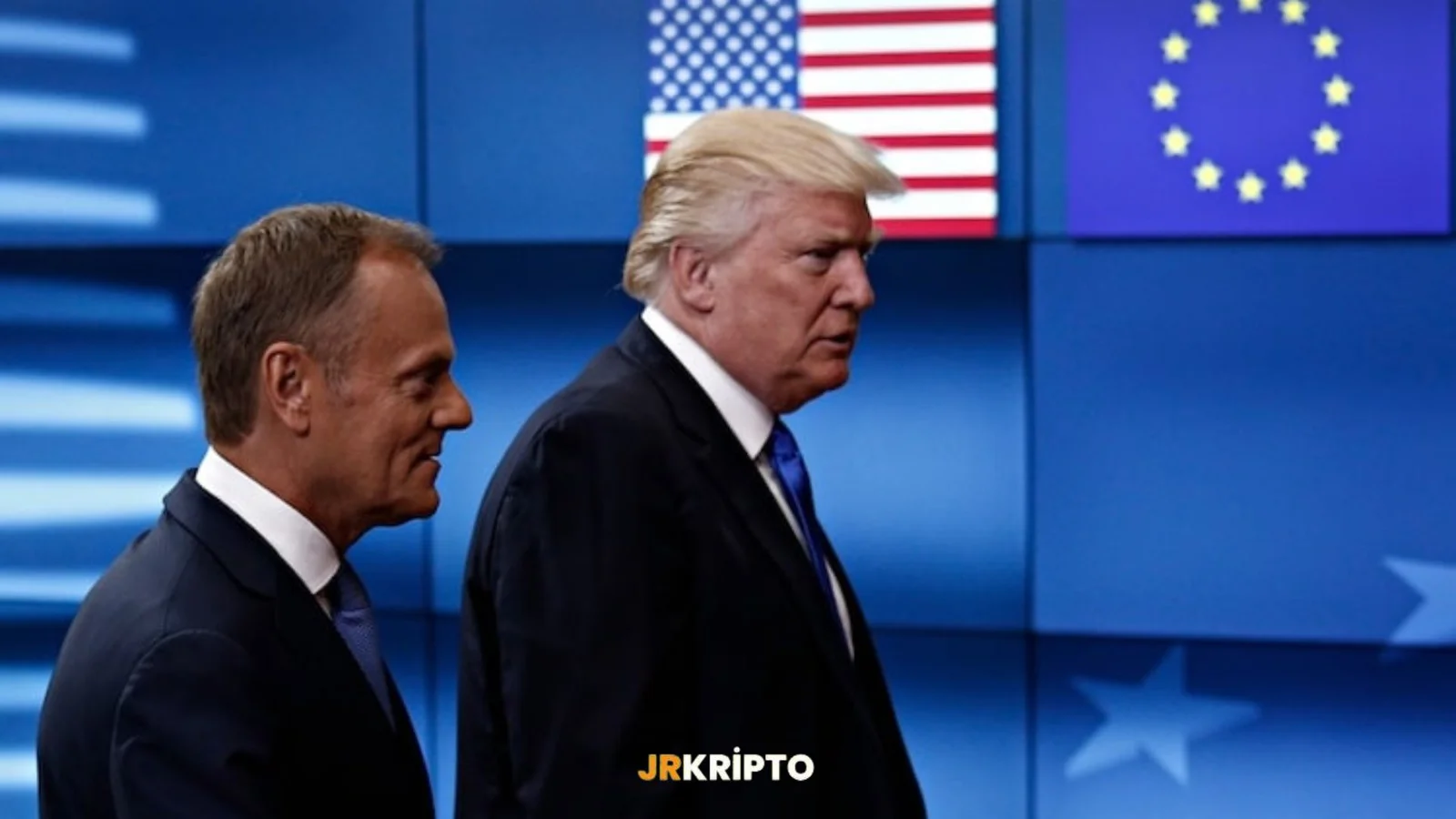U.S. President Donald Trump announced that the implementation date of the planned 50% import tariff on the European Union (EU) has been postponed from June 1 to July 9, 2025. The decision was announced following a phone call with European Commission President Ursula von der Leyen. After the call, Trump said, “Ursula von der Leyen called me and requested additional time. I decided to extend it until July 9.”
Phone Diplomacy and Postponement Decision
Von der Leyen also stated that the conversation was constructive, and said, “Europe is ready to start negotiations quickly and decisively.” The EU side indicates that more time is needed until July 9 to reach a good trade agreement.
Trump’s move aligns with his previous statements. In April, he announced a 20% tariff on EU goods, and by the end of May, said that this rate would increase to 50%. However, due to stalled negotiations, he had signaled that it would be implemented directly.
Trade Tensions Between the EU and the U.S.
The EU side acknowledges that there is still significant distance in the negotiations, but emphasizes that these differences can be overcome. European Commission spokesperson for Economic Security and Trade Olof Gill stated that direct contact continues in the talks and that both sides are open to constructive solutions. Gill added, “If Trump’s statements signal a step forward, Europe is ready for it.”
As of 2024, the goods trade deficit between the U.S. and the EU has reached $236 billion. The EU, however, claims that the real gap is around €50 billion when the U.S. dominance in the services sector is taken into account.
During this process, the EU announced that it is preparing retaliatory tariffs worth approximately €100 billion on U.S. products in case of a failed negotiation.
July 9: A Critical Date
According to Trump’s decision, the implementation date for the 50% customs tariff has been set for July 9. During this period, both sides will conduct negotiations to reach a permanent and mutually beneficial trade agreement.
Trump defended this move by saying, “There are many countries that want to trade with the U.S.”, while the EU continues to emphasize reciprocity and cooperation.
This development appears likely to affect not only transatlantic trade relations, but also global supply chains and the investment environment. All eyes are now on July 9.




